The Impact of Climate Change on Our Oceans: What We Can Do to Protect Our Planet
The Impact of Climate Change on Our Oceans
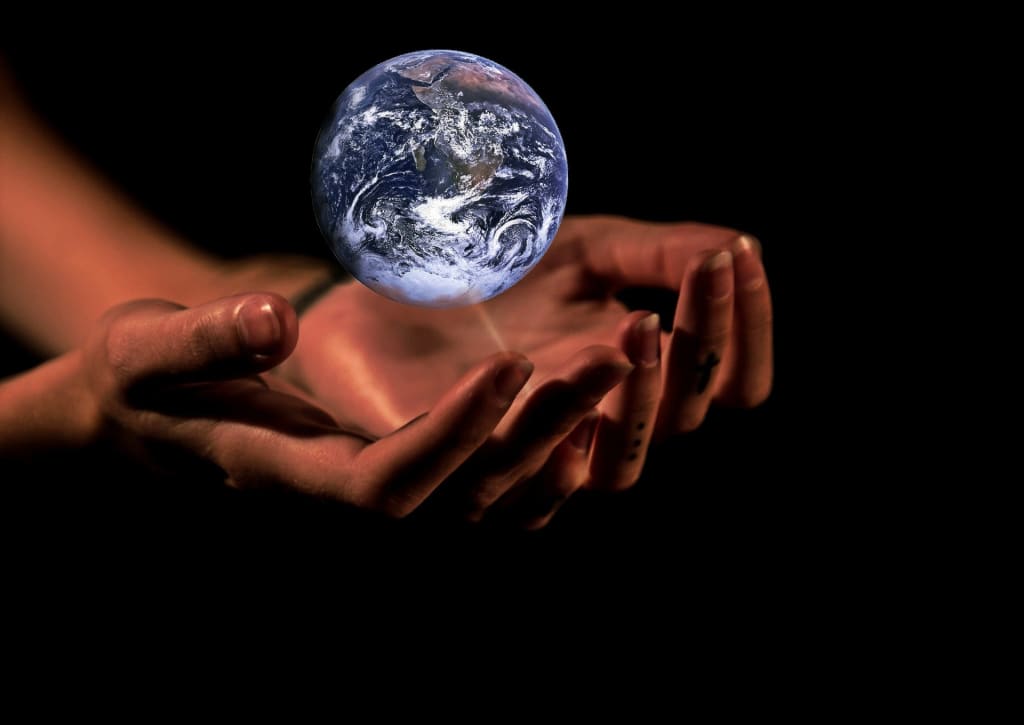
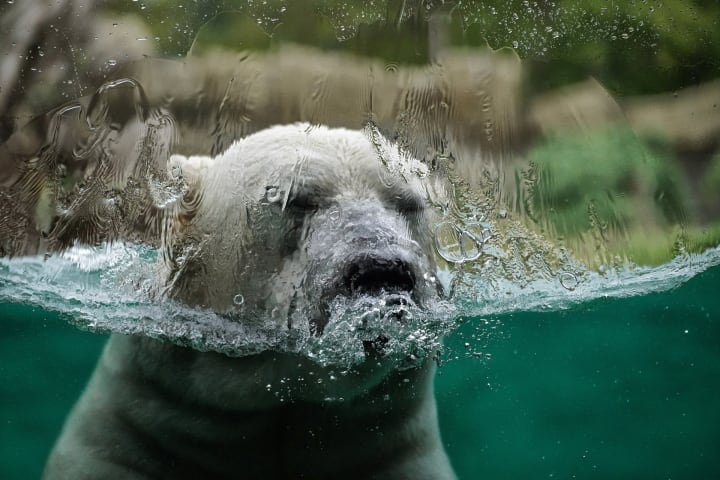
The Earth's oceans have long been a vital resource for the survival of the planet and its inhabitants. They provide a source of food, transportation, and recreation, and are a critical component of the global climate system. However, the impact of climate change on our oceans is becoming increasingly apparent, and the consequences are severe. Rising temperatures, sea level rise, ocean acidification, and changes in ocean currents are just a few of the ways in which climate change is affecting our oceans. In this article, we will explore the impact of climate change on our oceans and what we can do to protect our planet.
One of the most significant impacts of climate change on our oceans is the rise in temperatures. The Earth's surface temperature has increased by approximately 1.1 degrees Celsius since the pre-industrial era, and the ocean has absorbed approximately 90% of this excess heat. This increase in temperature is causing a range of problems, including coral bleaching, altered migration patterns of marine animals, and changes in the productivity of marine ecosystems.
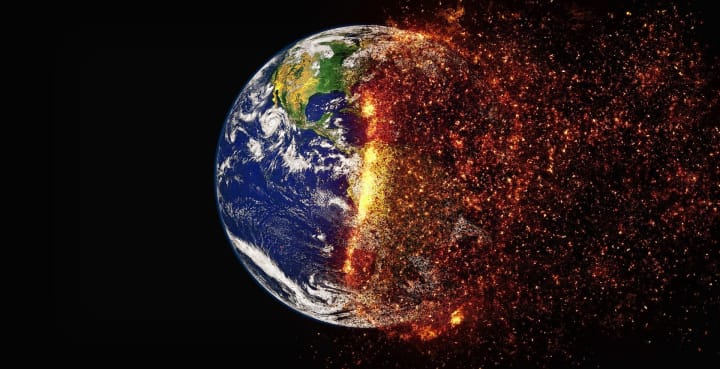
Coral bleaching occurs when corals expel the algae that live within their tissues, which provide them with food and color. This process happens when ocean temperatures rise above the corals' tolerance levels, causing them to expel the algae and turn white. This not only affects the beauty of coral reefs, but also their ability to provide habitat for countless marine species. If the ocean continues to warm, coral reefs could disappear entirely, leading to the loss of essential marine ecosystems.
In addition to coral bleaching, rising temperatures are causing changes in the migration patterns of marine animals. As the ocean warms, some species are moving to cooler waters, while others are becoming more abundant in areas where they were previously scarce. These changes in migration patterns could have significant impacts on marine ecosystems, as some species may be unable to adapt to the changing conditions, leading to a loss of biodiversity.

Another impact of climate change on our oceans is sea level rise. As global temperatures rise, the melting of glaciers and ice sheets is causing sea levels to rise. This rise in sea level is putting coastal communities at risk, as well as causing erosion and flooding. In some areas, such as the Maldives, sea level rise is already having a significant impact on daily life. If sea levels continue to rise, many coastal communities may become uninhabitable, leading to population displacement and economic disruption.
Ocean acidification is another consequence of climate change that is having a significant impact on our oceans. As carbon dioxide (CO2) levels in the atmosphere increase, more CO2 is absorbed into the ocean, leading to a decrease in pH levels. This decrease in pH makes the ocean more acidic, which can have devastating effects on marine life. For example, many shell-forming organisms, such as corals, clams, and oysters, are unable to build their shells in acidic water. This could have significant impacts on the food chain, as these organisms provide food for many other species.

Finally, changes in ocean currents are also having an impact on our oceans. Ocean currents are driven by temperature and salinity differences, and changes in these factors can alter ocean currents. For example, the melting of ice sheets in Greenland and Antarctica is causing freshwater to enter the ocean, which can disrupt ocean currents. This disruption can lead to changes in weather patterns, such as increased precipitation in some areas and droughts in others. These changes in weather patterns can have significant impacts on agriculture and food security, as well as on human health.
So, what can we do to protect our planet from the impacts of climate change on our oceans? There are several steps that individuals, governments, and businesses can take to reduce our impact on the environment and protect our oceans.
Firstly, reducing our greenhouse gas emissions is critical to reducing the impact of climate change on our oceans. This can be done by using renewable energy sources, such as wind and solar power, reducing our use of fossil fuels, and increasing energy efficiency. Governments can also implement policies that encourage the use of renewable energy and reduce greenhouse gas emissions, such as carbon taxes and cap-and-trade programs.

Secondly, we can reduce our plastic consumption and properly dispose of plastic waste to prevent it from entering our oceans. Plastic pollution is a significant problem for marine ecosystems, as it can harm marine life, degrade water quality, and affect the food chain. Governments can implement policies to reduce plastic use and encourage the use of reusable products, such as banning single-use plastics and implementing plastic recycling programs.
Thirdly, we can support sustainable fishing practices to protect marine ecosystems and ensure that we have a reliable source of food. Sustainable fishing practices, such as using fishing gear that minimizes bycatch and avoiding overfishing, can help to protect marine species and maintain the health of marine ecosystems. Governments can also implement policies to promote sustainable fishing practices, such as implementing fishing quotas and marine protected areas.
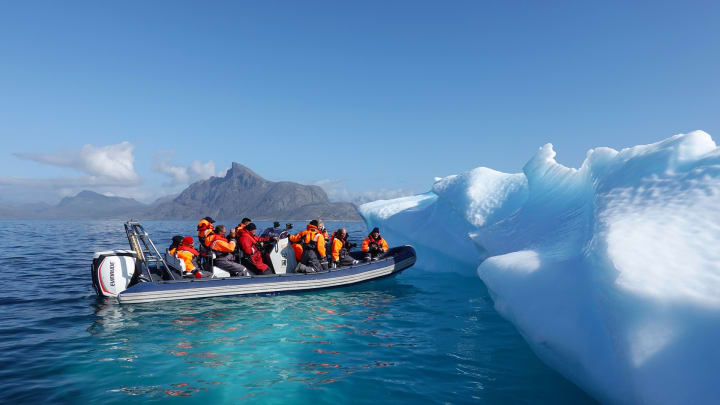
Finally, we can support conservation efforts to protect marine ecosystems and species. This can include supporting conservation organizations and initiatives, such as marine protected areas, beach cleanups, and coral reef restoration projects. We can also educate ourselves and others about the importance of our oceans and the impacts of climate change, and take actions to reduce our impact on the environment.
In conclusion, the impact of climate change on our oceans is significant and far-reaching, affecting everything from marine ecosystems to human health and food security. However, there are steps that we can take to protect our planet and reduce our impact on the environment. By reducing our greenhouse gas emissions, reducing plastic consumption, supporting sustainable fishing practices, and supporting conservation efforts, we can help to protect our oceans and ensure a healthy planet for generations to come.
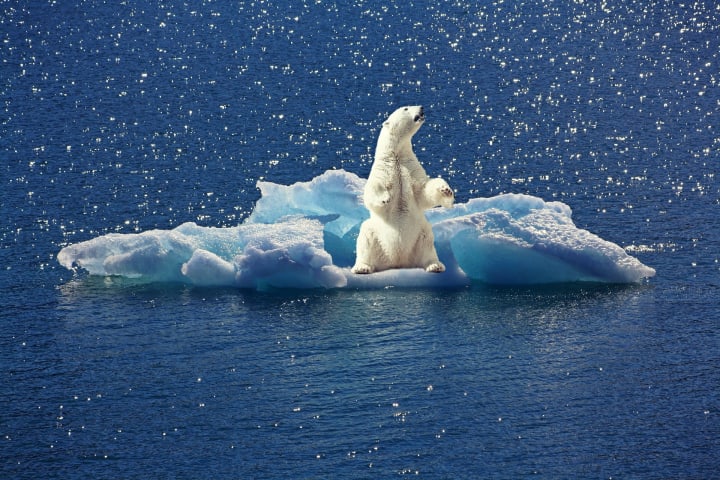





Comments
There are no comments for this story
Be the first to respond and start the conversation.